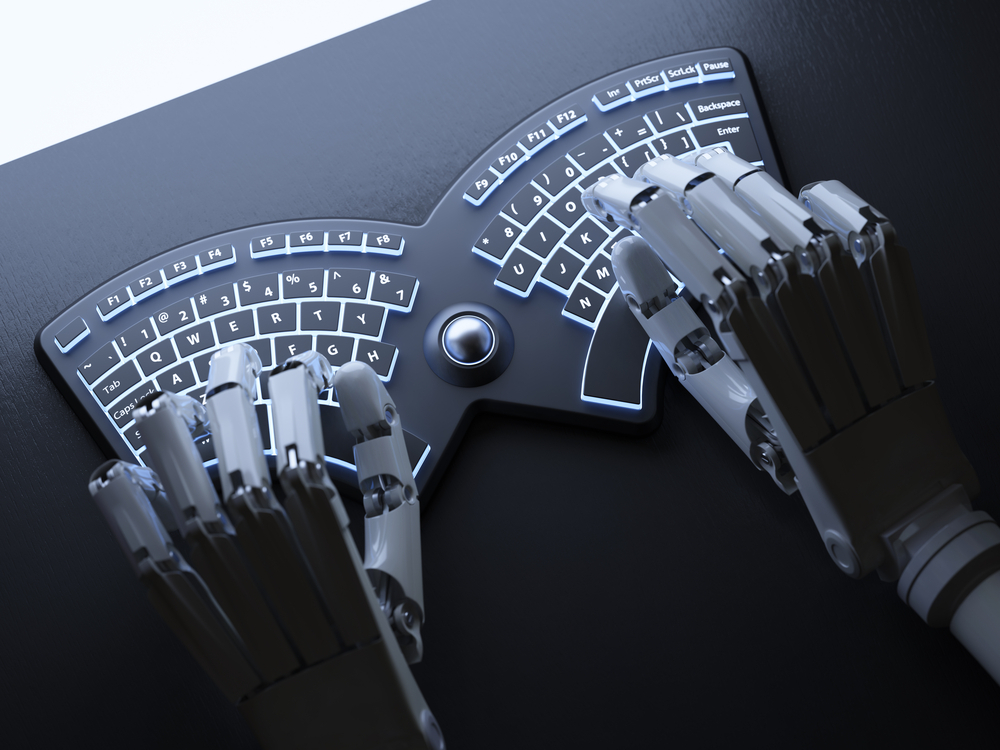While the fourth Industrial Revolution was a hot topic at this year’s World Economic Forum in Davos, many businesses and their HR departments, which might not follow global economic trends as closely, are unaware of the fundamental shift that their workforce is about to undergo.
Big data, artificial intelligence, nanotechnology, 3D printing, genetics and biotechnology will bring significant, seismic, rapidly-evolving and lasting change to the way businesses will operate in the future.
The global labour market will be severely disrupted by emerging technologies and their potential to replace human workers in the next few years. As a result, over 7 million of today’s jobs are predicted to disappear by 2020. Businesses need to make sure they automate the right processes while retraining existing staff to develop the skills they need in the future. In short, businesses need to ensure that today’s workforce is ready for tomorrow’s skills requirements.
Luckily, there is one business function that is better equipped than any other to tackle this challenge. If there were going to be a group of people, a department, an academic field, group of researchers, practitioners and business people who can help with this, it is HR. To understand the current and future impact of key disruptions on employment levels, skill sets and recruitment patterns in different industries and countries, we need the expertise of people who do this for a living.
Within corporations, HR needs to be involved in identifying what roles can be automated or roboticised and what roles should be done by humans. In identifying what skills are required, HR teams can develop staff internally and recruit accurately externally. At the same time, HR departments will need to help their people adjust and stay relevant in the new world of work, especially with the next generation already looming on the horizon. One popular predication estimates that 65 of students entering primary school today will end up working in a job that doesn’t exist yet. To keep up, today’s businesses need to upskill their workforce if they don’t want to lose their relevance.
If this doesn’t happen, we are in danger of facing a dichotomy in the labour force with an increased skills gap, something we are already starting to observe here in the UK where nine in ten businesses currently experience such a skills gap. In future, well-educated workers with relevant soft skills – the art of persuasion, team work, collaboration, salesmanship, emotional intelligence and teaching others – will thrive. Low skilled workers whose jobs involve routine work, repetition or are focused in a narrow technical area will find they are in less demand over time.
So if we can’t fully anticipate and prepare for future skills requirements with any great degree of accuracy we need to get back to basics. Giving people the transferable soft skills that will always be in demand. Some of the knowledge and skills that got us to this point in the first place in science, technology, engineering and maths, as well as the expectation and desire for life-long learning so that additionally required skills can be learned later on.
HR people need to define the core skills required by their organisation and then decide where they can find or develop these specific skills sets. This may be through links to education and academia, apprenticeships, on the job learning or by supporting workers in the pursuit of their own personal or professional qualifications. The Fourth Industrial Revolution presents HR professionals with a unique opportunity to become firmly involved in the strategic decision making of a business by helping them adapt to an ever-changing workforce, while at the same time giving current employees valuable soft skills that will always be in demand.
This brings us back into familiar and more manageable territory. Some of the core aspects of knowledge, learning, skills development and human interaction will rarely change. It’s only ever the specifics that do. For no matter what the progress or what may yet be proved, the simple facts of life are such they cannot be removed.
Ian Dowd is a director at NGA Human Resources.






